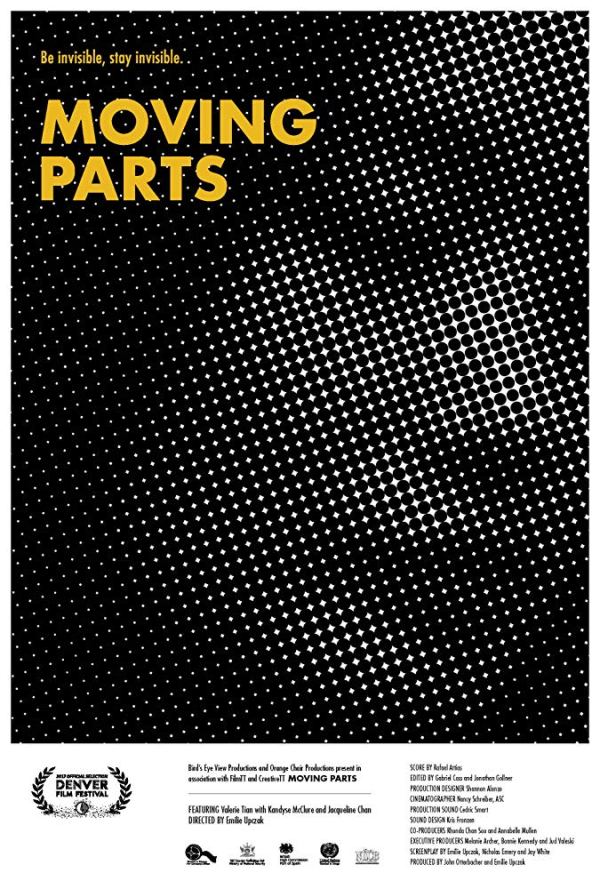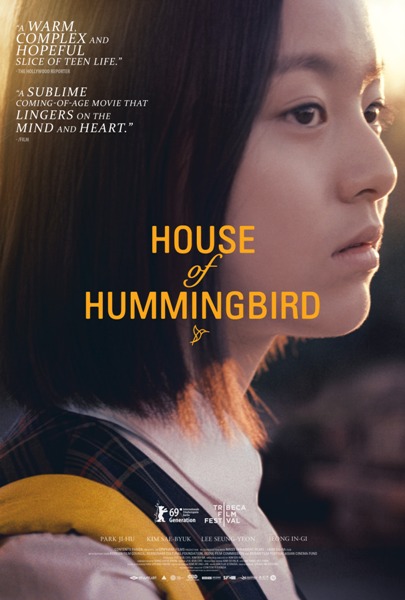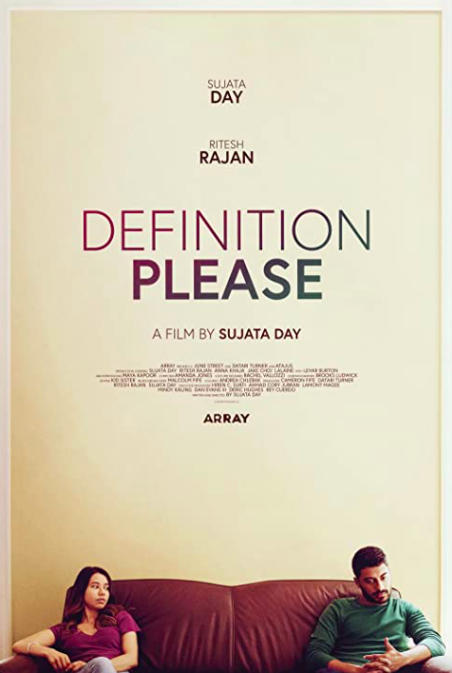Moving Parts
After being smuggled into Trinidad and Tobago to be with her brother, Zhenzhen, an illegal Chinese immigrant, discovers the true cost of her arrival.

After being smuggled into Trinidad and Tobago to be with her brother, Zhenzhen, an illegal Chinese immigrant, discovers the true cost of her arrival.
Emilie Upczak works to elevate female-driven stories, ensuring that women are represented on both sides of the camera. Her projects include a range of narrative, experimental, and documentary feature and short films, public video projections, and digital exhibitions.
An award-winning filmmaker, a Rotterdam Producers Lab alumni and an Andy Warhol Foundation grant recipient, she began her filmmaking career while living in Trinidad and Tobago for a decade, where she served as Creative Director for the trinidad+tobago film festival. In 2017, she released her debut narrative feature, Moving Parts, which tackles human smuggling and sex trafficking in the capital city, Port of Spain.
In 2023, Emilie was awarded the Digital Humanities Fellowship from the University of Colorado, Boulder, to develop a digital exhibition based on the archive of Ann Roy, a feminist who worked to bridge the cultures of Mexico and the US. Currently, she is in post-production on Leo Sacer, a social documentary exploring the interactions between residents of a mountain community and a relocated mountain lion.
Emilie is also developing her second feature, an alt-western indie / eco-drama set in the near future on the Colorado River in the Grand Canyon. She released a proof of concept called Silt (2022) which premiered at the Independent Film Festival Boston and won the Special Jury Award. Originally from Colorado, Emilie now lives in Oklahoma and teaches at the University of Oklahoma.



